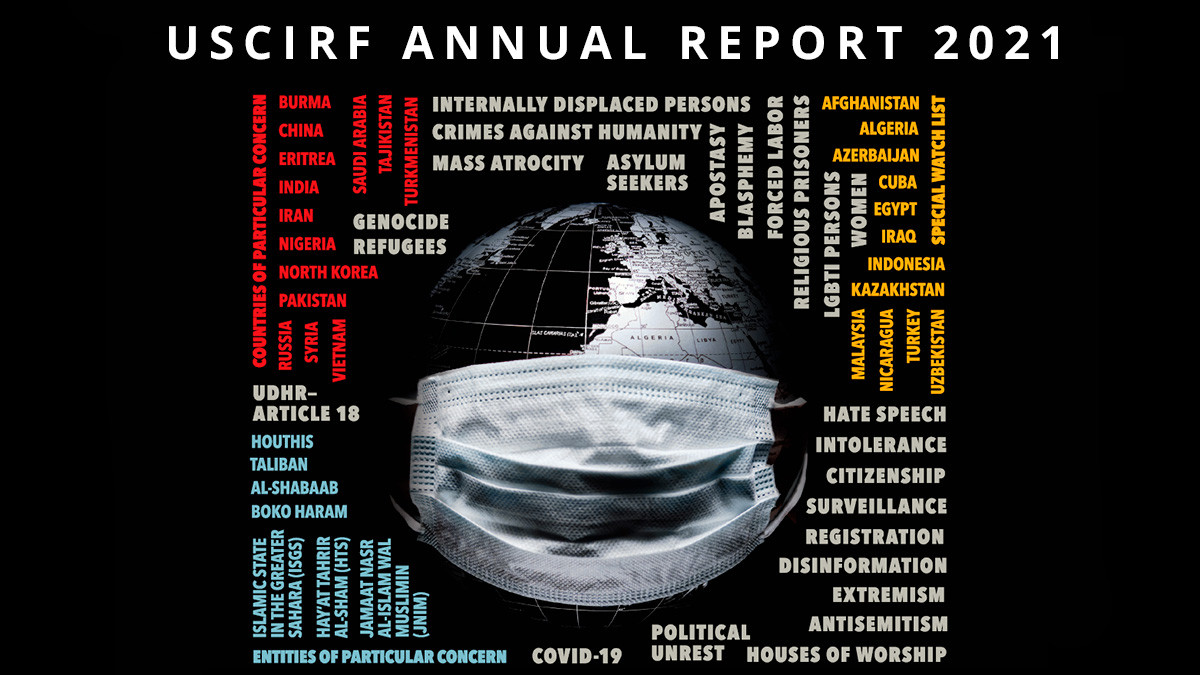The United States Commission on International Religious Freedom (USCIRF) released its 2021 Annual Report documenting developments during 2020. Several nations implemented laws and policies that further target religious communities, and in some cases amount to genocide and crimes against humanity.
The USCIRF emphasizes that in Russian-occupied Crimea the occupation authorities continued to enforce Russia’s repressive laws and policies on religion, which has resulted in the prosecution of peaceful religious activity and bans on groups that were legal in Crimea under Ukrainian law.
In this regard, the USCIRF provides recommendations to enhance the U.S. government’s promotion of freedom of religion or belief abroad, including:
- Designate Russia as a “country of particular concern,” or CPC, for engaging in systematic, ongoing, and egregious violations of religious freedom, as defined by the International Religious Freedom Act (IRFA);
- Impose targeted sanctions on Russian government agencies and officials responsible for severe violations of religious freedom by freezing those individuals’ assets and/or barring their entry into the United States under human rights related financial and visa authorities, citing specific religious freedom violations; and
- Work with European allies to use advocacy, diplomacy, and targeted sanctions to pressure Russia to end religious freedom abuses, release religious prisoners of conscience, and permit the establishment of an international monitoring presence in occupied Crimea.
As the USCIRF recommends, the U.S. Congress should:
- Pass the Ukraine Religious Freedom Support Act (H.R. 496), which calls on the U.S. administration to consider Russia’s religious freedom violations in Crimea and Donbas when determining CPC designations; and
- Hold briefings and hearings highlighting the Russian government’s failure to bring its religion and extremism laws in line with international human rights standards.
In its report, USCIRF also monitored public health measures put in place to prevent the spread of COVID-19, and their impact on freedom of religion or belief. In many cases, these measures complied with international human rights standards, but in some countries, already marginalized religious communities faced official and societal stigmatization, harassment, and discrimination for allegedly causing or spreading the virus.
Download the USCIRF's Annual Report 2021
Source: USCIRF
